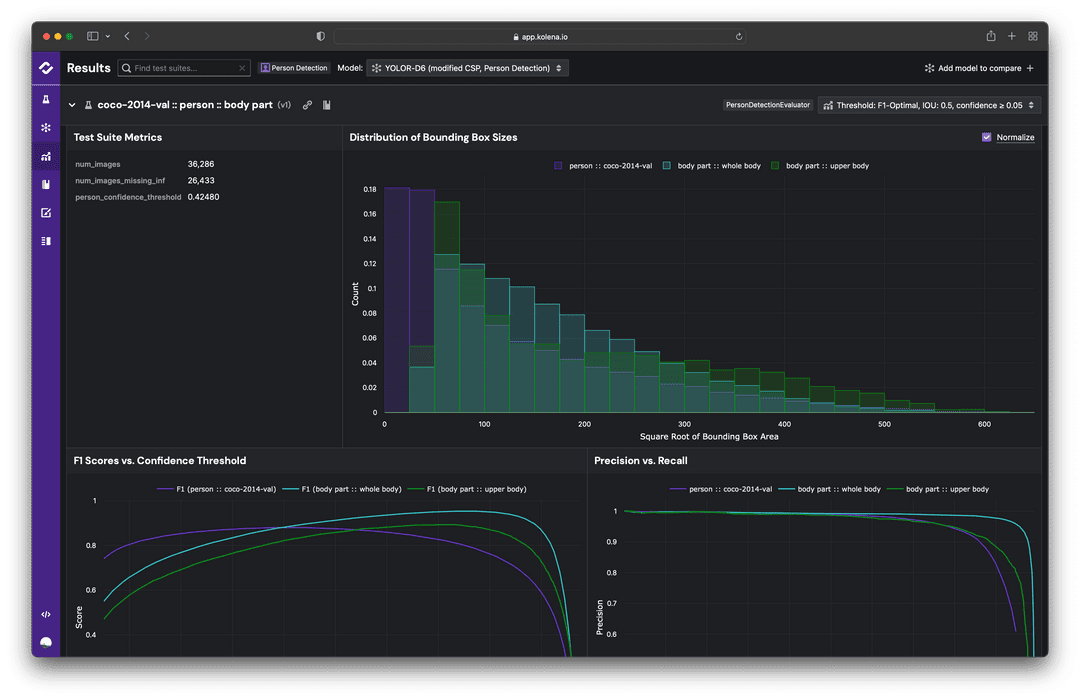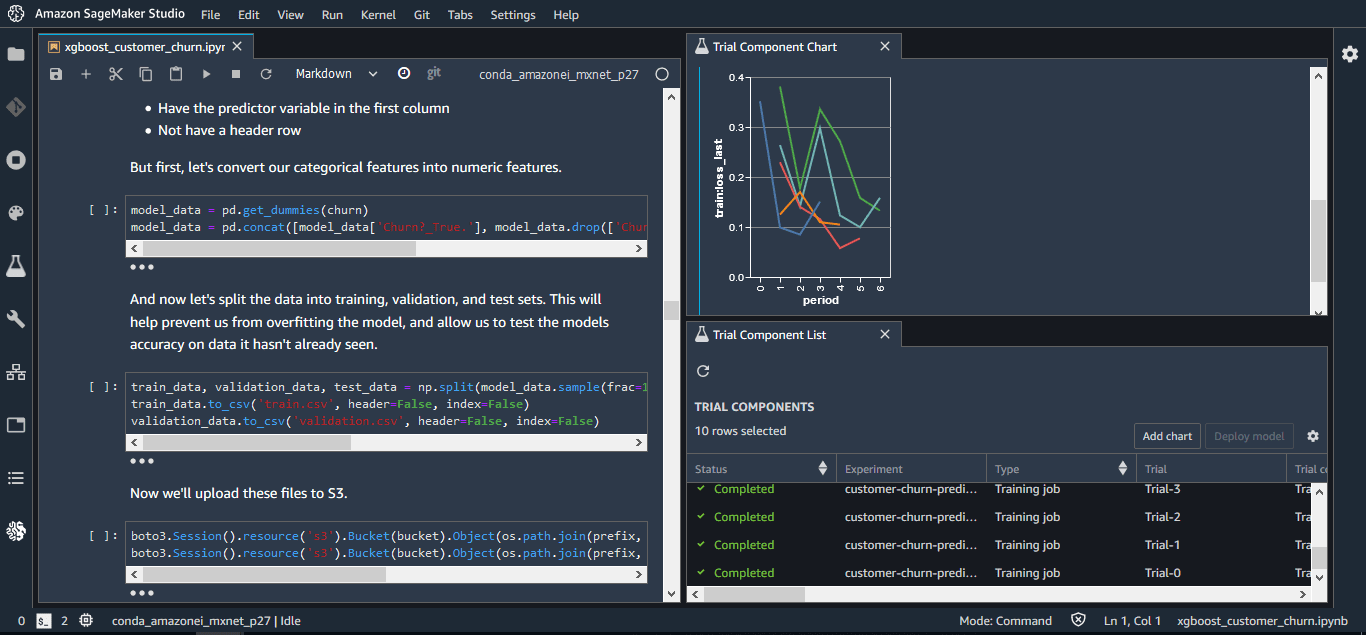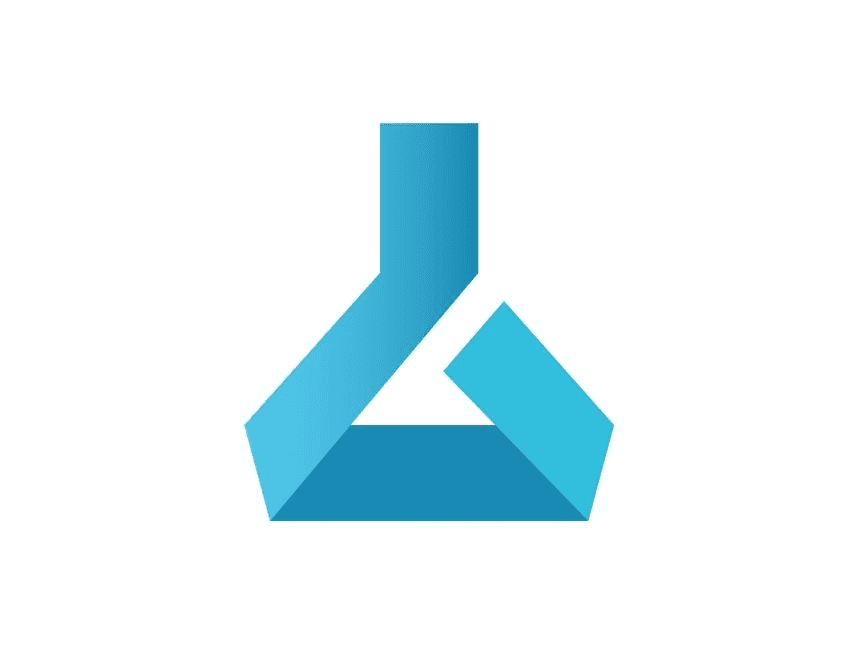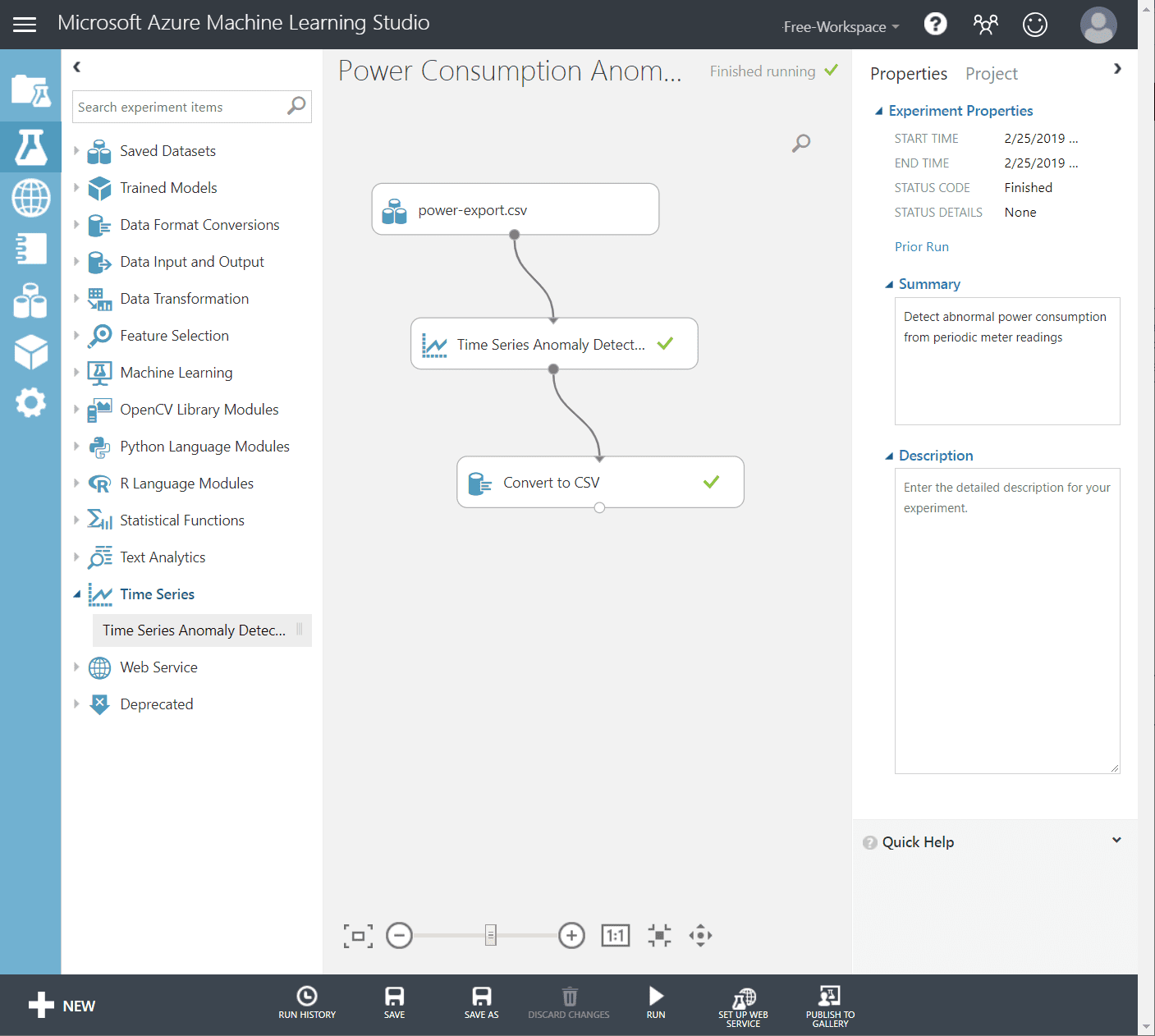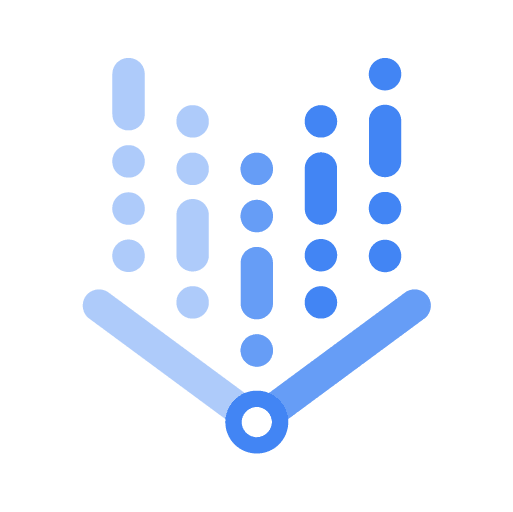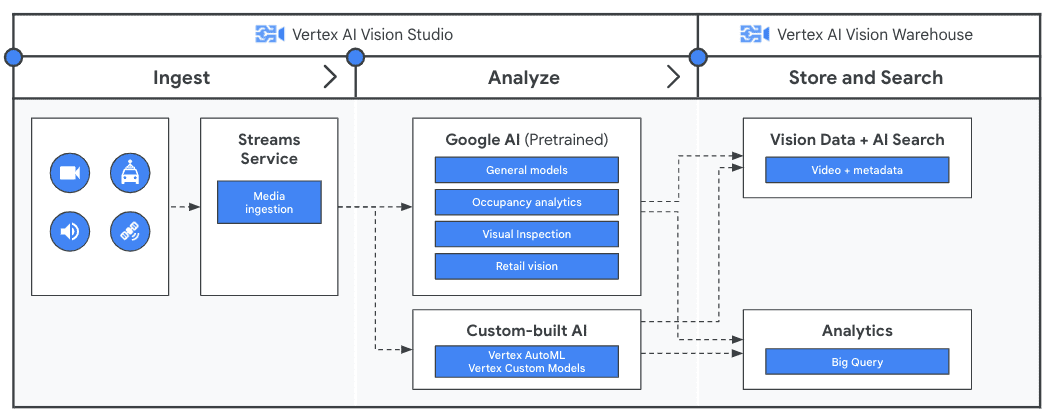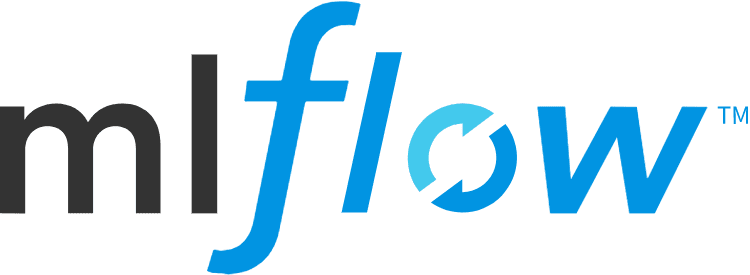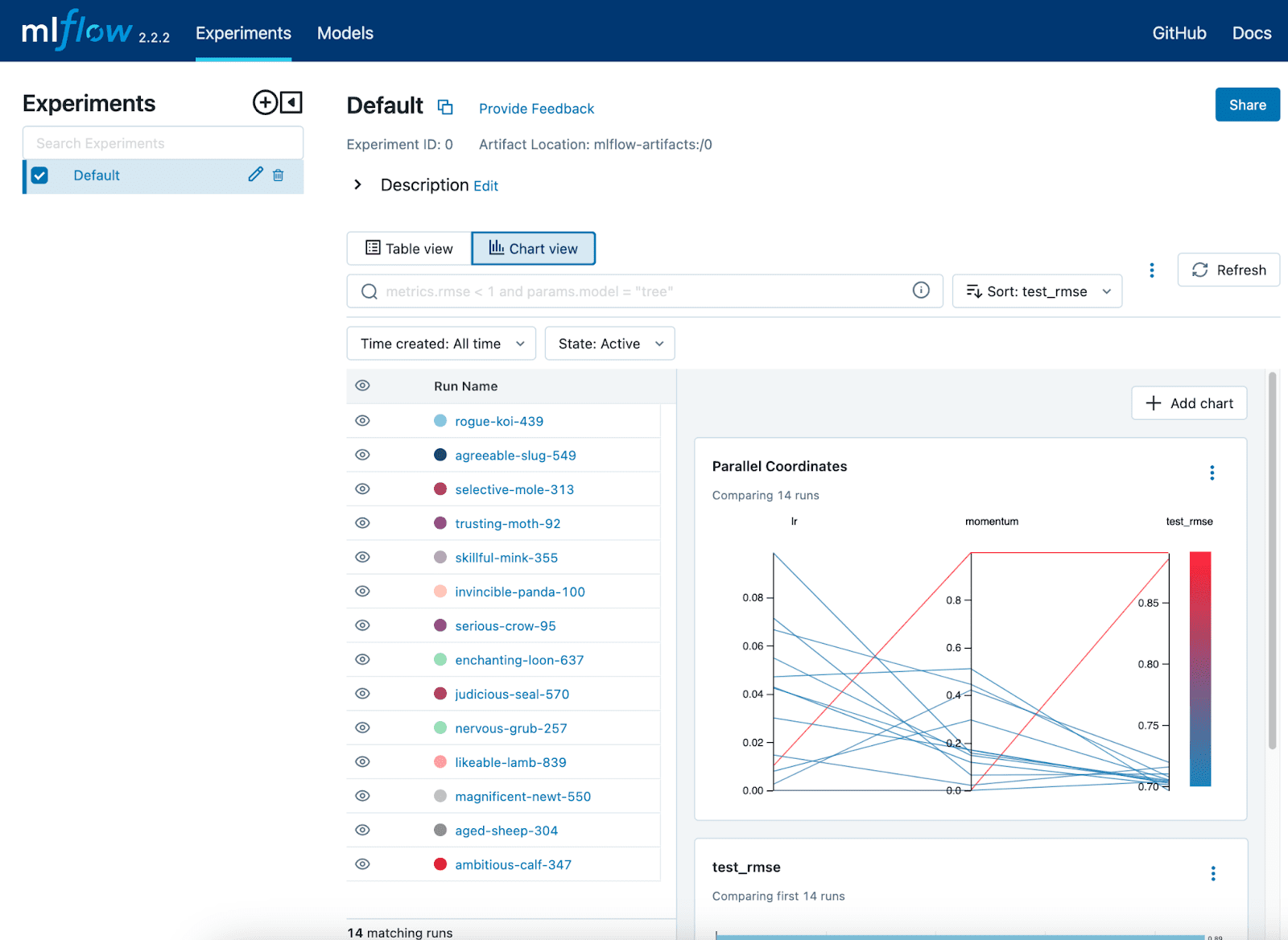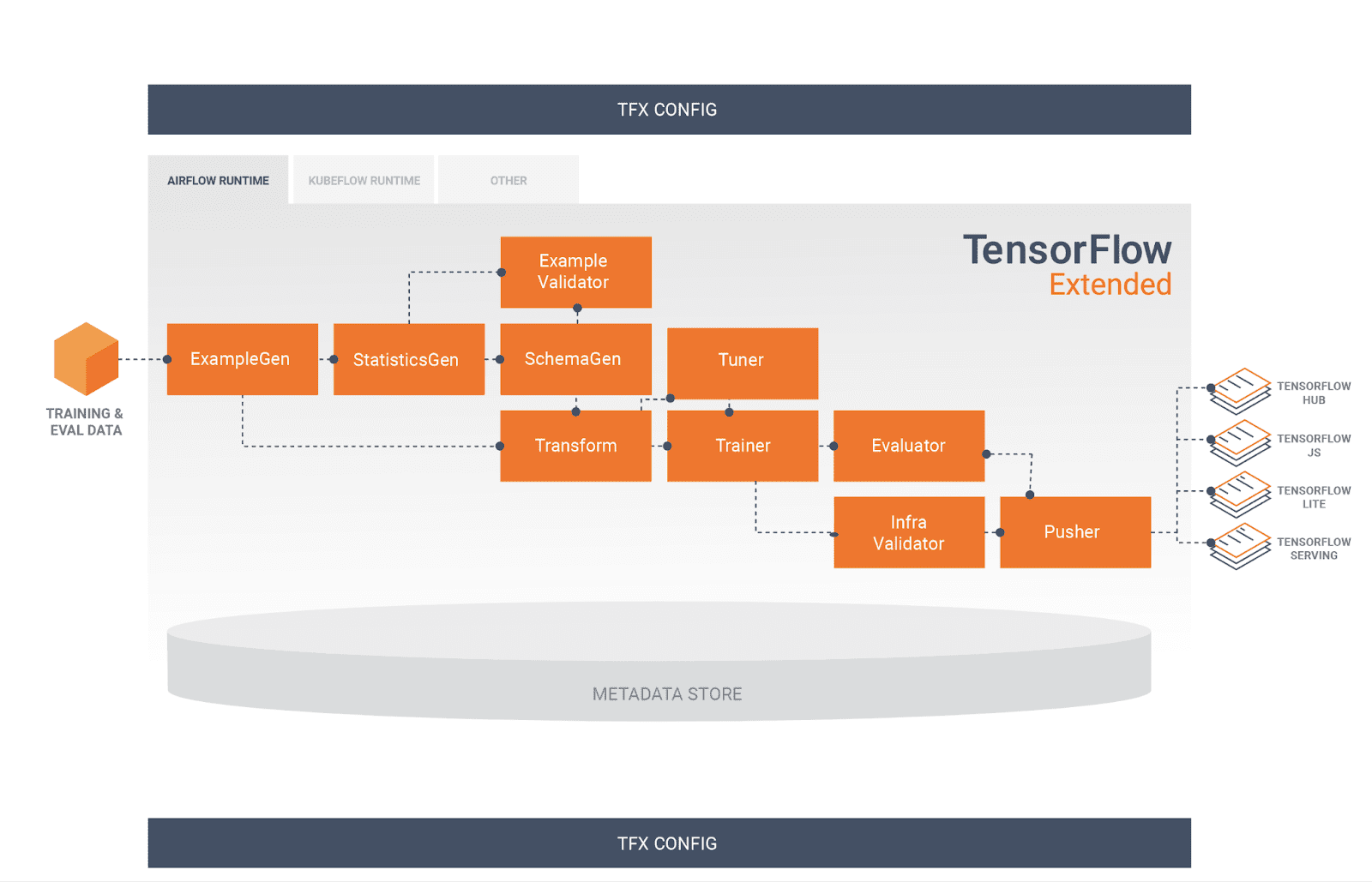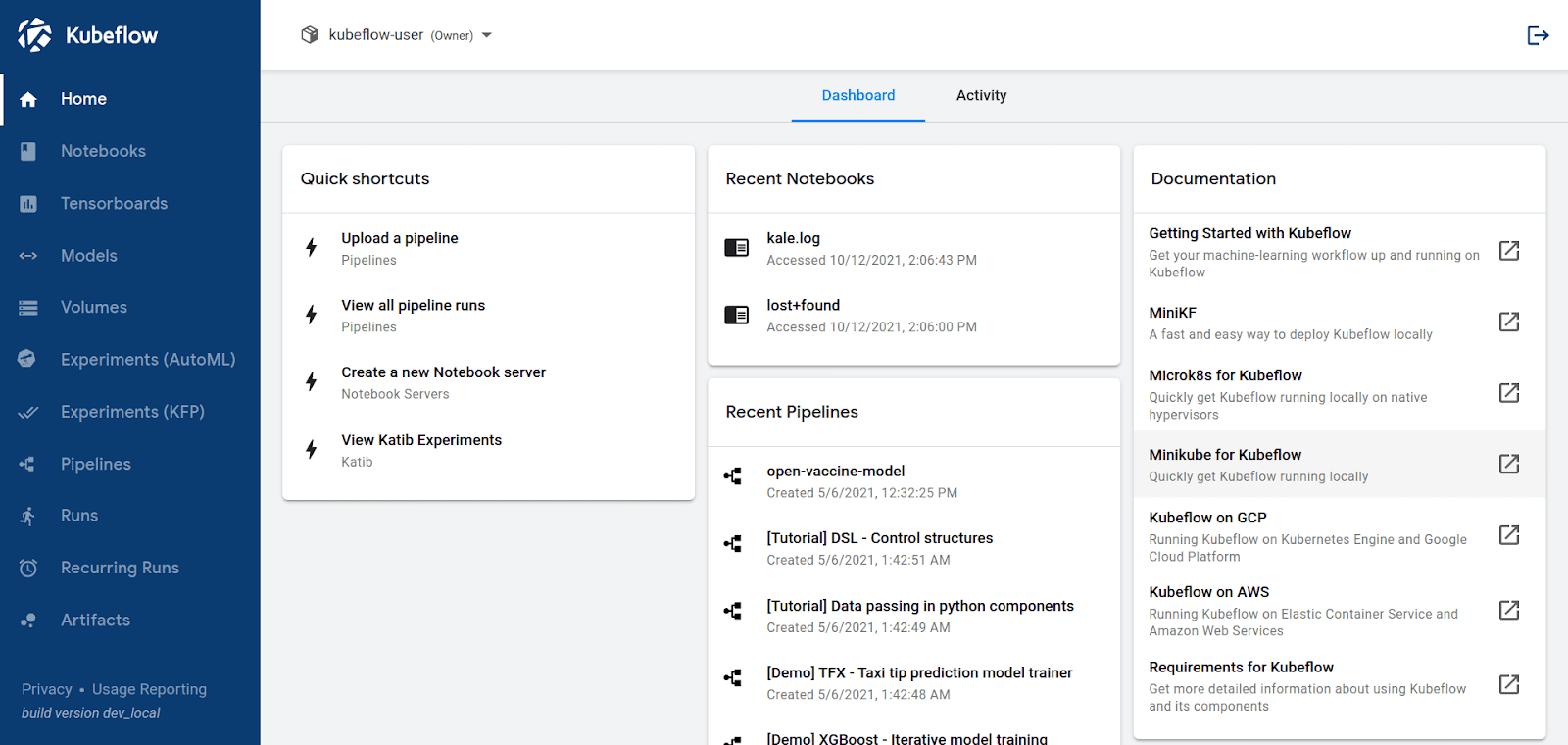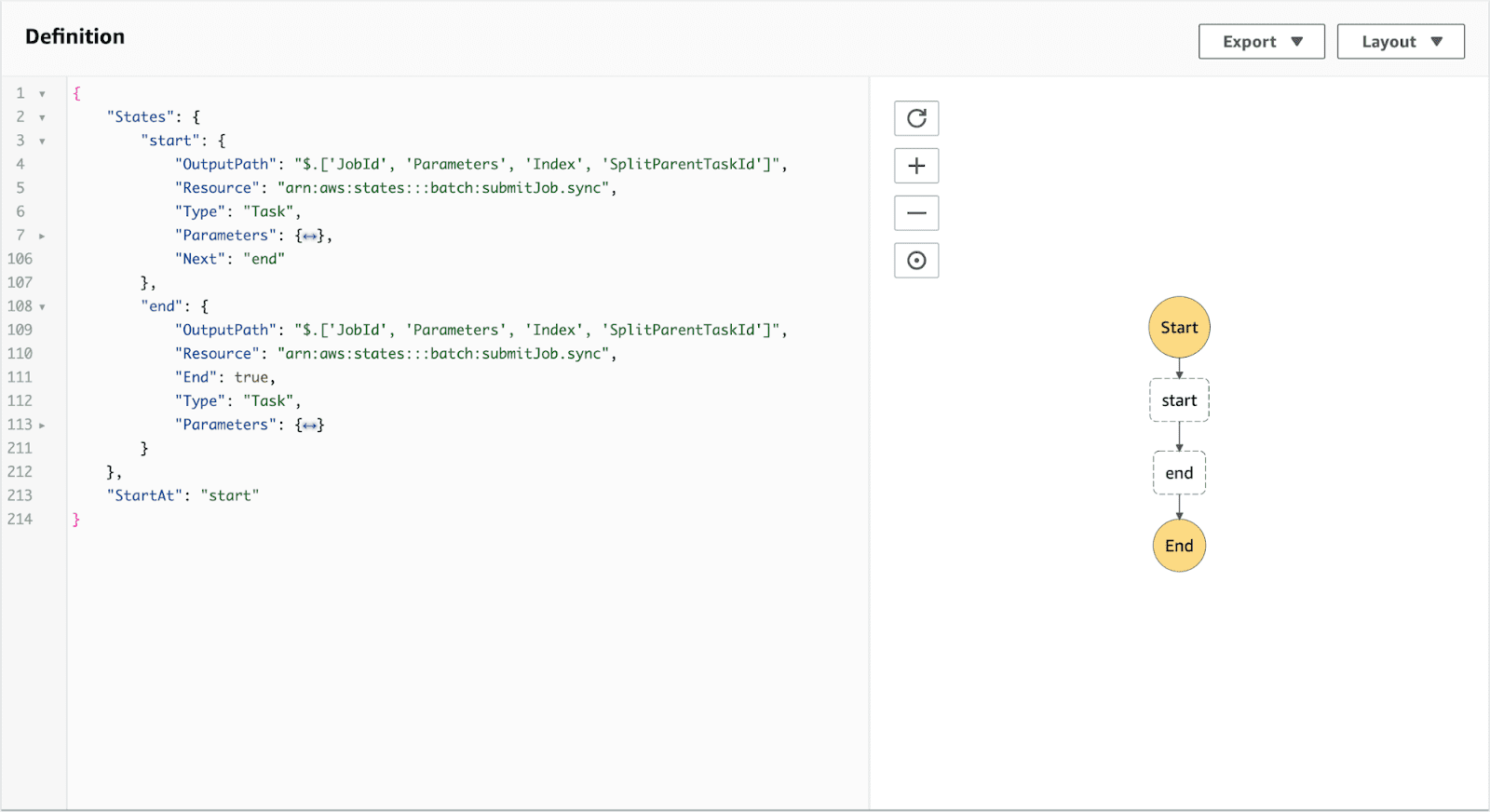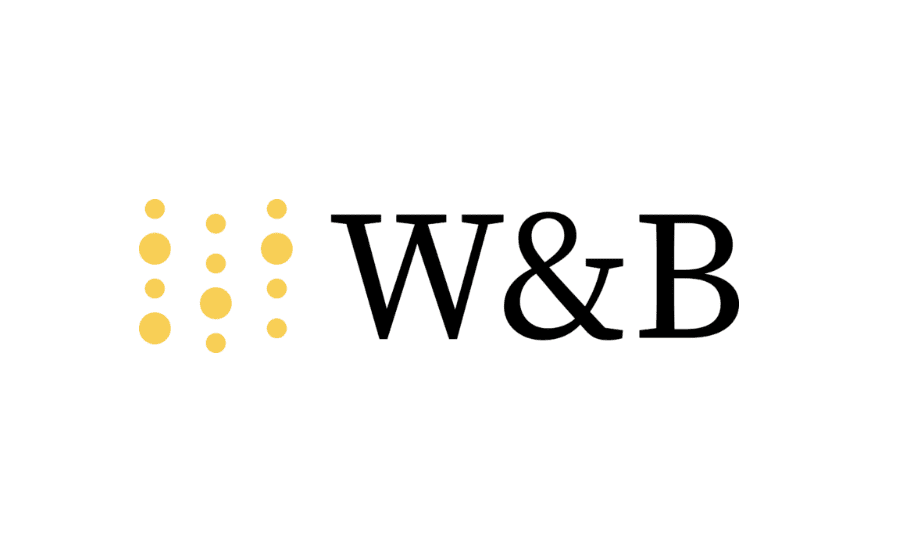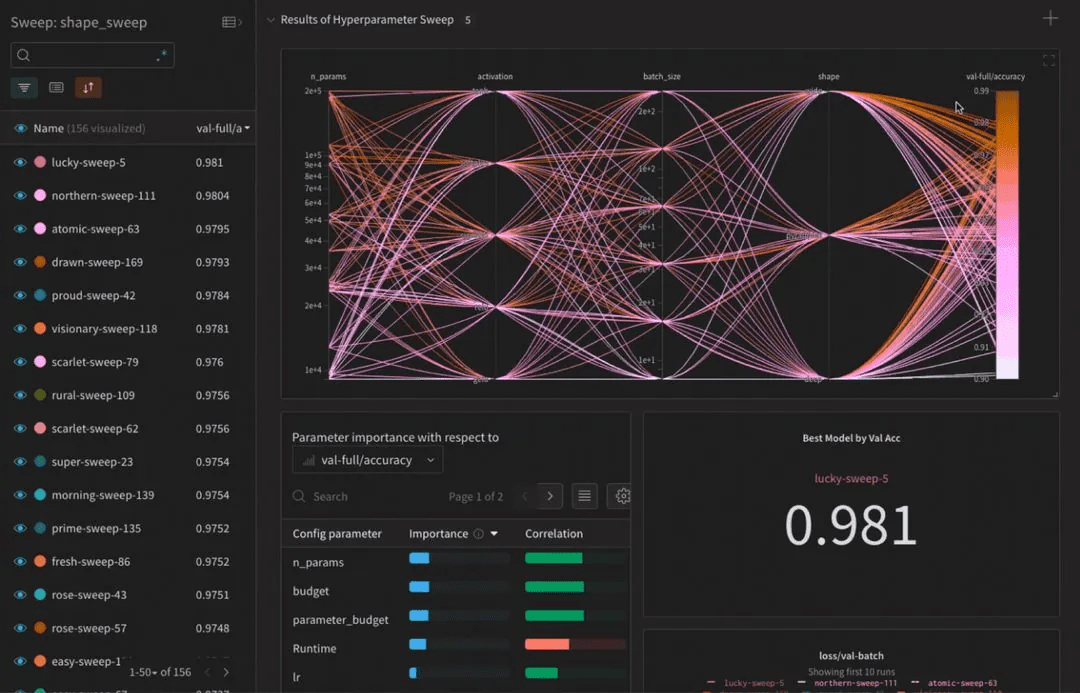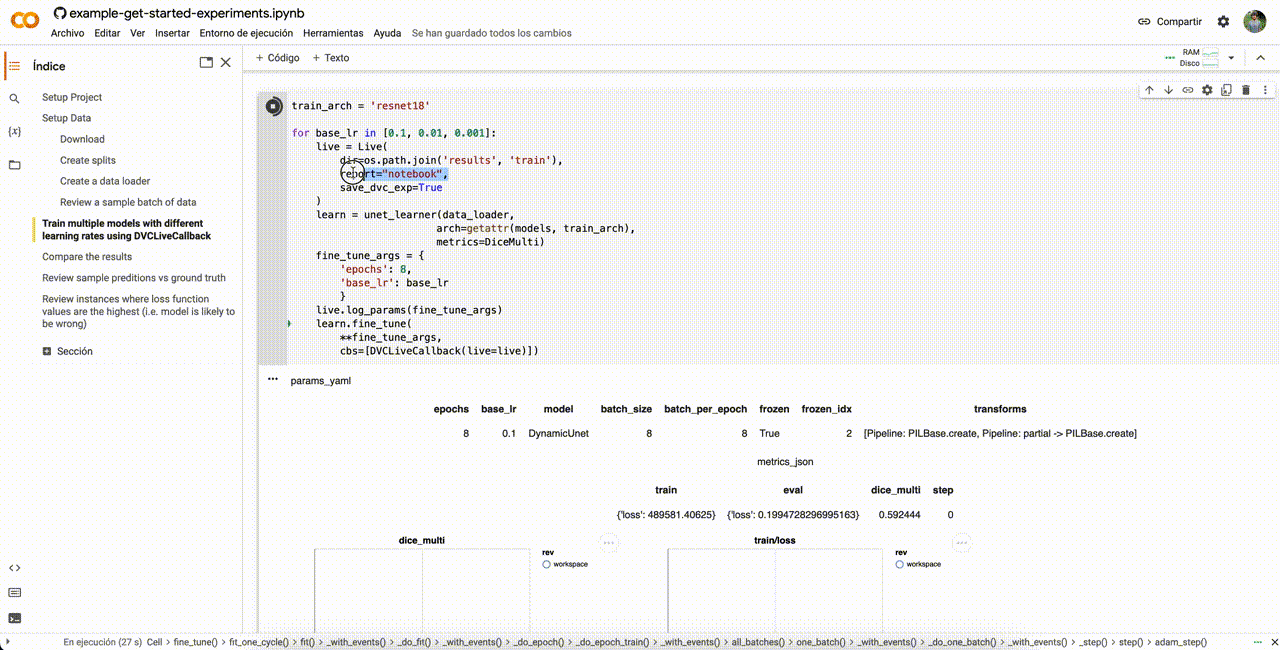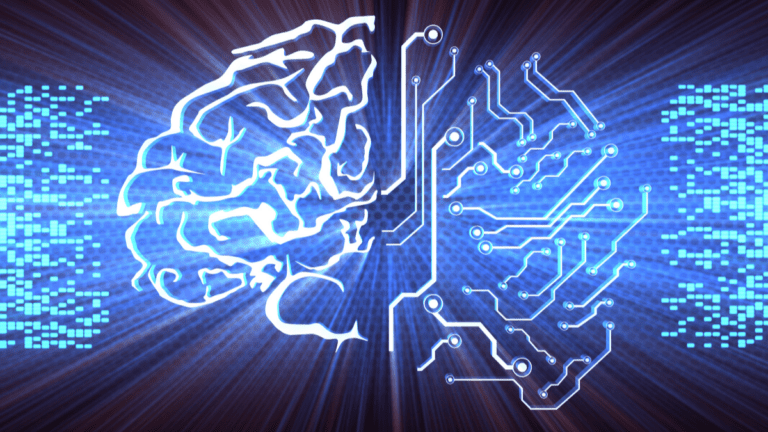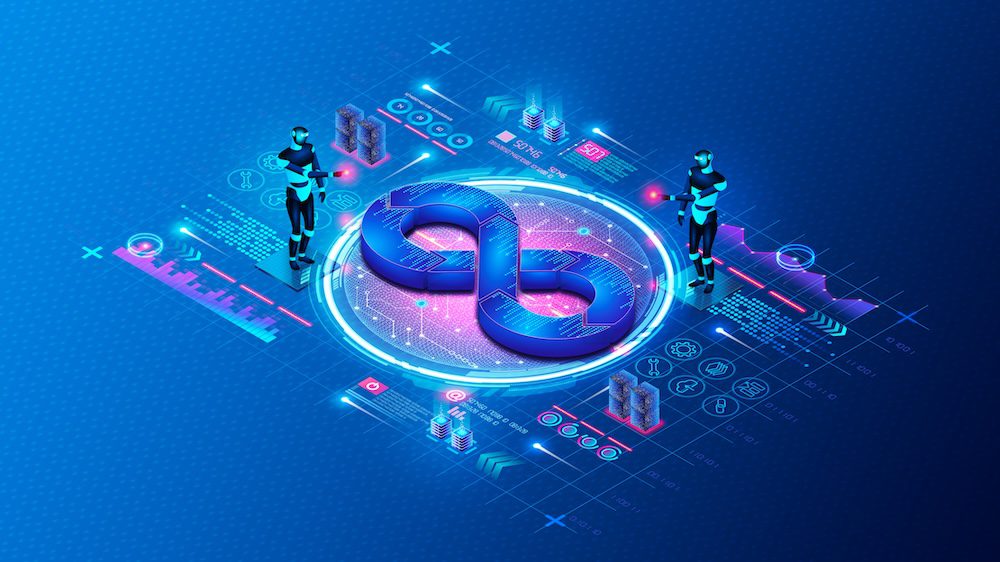
What Are MLOps Tools?
MLOps tools are software solutions designed to streamline the machine learning lifecycle, from model development to deployment and ongoing operations. These tools help bridge the gap between data scientists, developers, and IT professionals, ensuring seamless, scalable, and efficient ML models that are easier to operate and provide value to users.
MLOps tools provide functionality like version control, testing, deployment, and monitoring of ML models in production, similar to DevOps tools in general software development. By using MLOps tools, organizations can accelerate their ML projects, improve collaboration among teams, and enhance the reliability and performance of their ML systems.
Key Features of MLOps Tools
End-to-End Workflow Management
MLOps tools offer workflow management, making it possible to automate and streamline the machine learning lifecycle. This includes everything from data preparation and processing, model training, and evaluation, to deployment and inference (serving predictions to users). Automated workflows reduce manual errors, speed up model development cycles, and improve the reliability and effectiveness of production models.
Model Versioning and Experiment Tracking
Model versioning is essential for tracking changes in ML models over time, enabling teams to manage model iterations systematically. Experiment tracking goes hand in hand with versioning, recording each experiment’s parameters, code versions, and results. Together, they provide a historical context for model development, facilitating reproducibility and transparency.
Scalable Infrastructure Management
MLOps tools enable scalable infrastructure management, ensuring ML models can be trained and deployed efficiently, regardless of the computing resources required. They support cloud, on-premises, and hybrid environments, offering flexibility in how and where models are run. These tools dynamically allocate resources based on workload demands, ensuring optimal performance while managing costs.
Model Monitoring and Continuous Improvement
Continuous monitoring of deployed models is crucial for maintaining their performance over time and mitigating problems like data drift and concept drift.
MLOps tools can monitor model predictions, track performance metrics, and detect various types of drift, alerting teams to potential issues before they impact outcomes. These tools also support continuous improvement by making it easy to update models with new data, retrain, and redeploy them, ensuring models remain effective and relevant over time.
Notable MLOps Platforms and Tools
Here are some popular MLOps platforms and tools you should consider.
1. Kolena
Kolena offers an integrated MLOps platform designed to accelerate the deployment and management of machine learning models at scale. It simplifies complex ML workflows, from data prep to model production, with a focus on explainability, continuous testing, and monitoring for ML models.
Kolena integrates seamlessly with existing data sources and infrastructure, providing a unified environment for end-to-end machine learning operations. Kolena’s automated pipelines and pre-built templates help streamline and automate ML workflows.
Learn more about Kolena for ML model validation, testing, and monitoring
2. Amazon SageMaker

Amazon SageMaker is a fully managed service that provides developers and data scientists with the ability to build, train, and deploy machine learning models quickly. SageMaker reduces the heavy lifting from each step of the machine learning process to make it easier to develop ML models.
SageMaker’s features include built-in algorithms, one-click training and tuning, and scalable model hosting services leveraging Amazon’s cloud infrastructure. This makes it popular among organizations that need to get ML models into production fast.
Source: AWS
3. Microsoft Azure ML
Microsoft Azure ML is a cloud-based platform for building, training, and deploying machine learning models. It offers a range of tools and services that support the entire ML lifecycle, from data preparation to deployment and monitoring. It also provides access to the latest large language models (LLMs) by OpenAI, a close Microsoft partner.
Azure ML emphasizes security, scalability, and integration with Microsoft’s cloud services, facilitating the development of robust, enterprise-level ML solutions. Its user interface and extensive documentation aim to lower the barrier to entry, making ML more accessible to a broader range of users.
Source: Azure
4. Google Cloud Vertex AI
Google Cloud Vertex AI is a unified ML platform that simplifies the process of building, training, and deploying machine learning models at scale. It integrates Google’s machine learning technologies, including AutoML and AI Platform, into one service. The platform also provides access to Google’s latest AI models, including the Gemini series of LLMs.
Vertex AI supports custom model development and pre-trained models, offering flexibility and power for both novice and experienced ML practitioners, and making it possible to train and serve models using Google Cloud infrastructure.
Source: Google Cloud
5. MLFlow
MLFlow is an open-source platform designed to manage the end-to-end machine learning lifecycle. It is built with the principles of simplicity, scalability, and openness, enabling teams to track experiments, package code into reproducible runs, and share and collaborate on models.
MLFlow’s modular architecture supports a range of ML libraries and algorithms, making it a versatile tool for different machine learning projects. It is particularly well-suited for organizations looking to implement robust MLOps practices without committing to a specific cloud provider or technology stack.
Source: MLFlow
6. TensorFlow Extended (TFX)
TensorFlow Extended (TFX) is an open source, end-to-end platform for deploying production ML pipelines. It builds on TensorFlow, a popular machine learning framework developed by Google, providing additional components designed to bring models into production with the reliability and flexibility required for real-world use.
TFX supports scalable, high-performance machine learning models and integrates seamlessly with TensorFlow’s ecosystem, making it a suitable choice for deep learning projects. Its comprehensive set of tools and services enables automatic, end-to-end pipeline execution, from data ingestion to model serving.
Source: TensorFlow
7. Kubeflow

Kubeflow is an open-source project designed to make deployments of machine learning workflows on Kubernetes simple, portable, and scalable. It provides a straightforward way to deploy TensorFlow, PyTorch, and other ML models across containerized environments and manage them efficiently.
With Kubeflow, teams can leverage Kubernetes’ power for ML projects, ensuring that their applications can scale as needed. It streamlines the process of building and deploying ML models, making advanced machine learning capabilities more accessible to developers and data scientists.
Source: Kubeflow
8. Metaflow
Metaflow is yet another open source framework for building and managing data science projects. Developed by Netflix, it addresses the complexities of real-world data science work, from prototype to production.
Metaflow provides a unified API to access various storage, compute, and ML tools, simplifying the execution of complex data science projects. Its primary aim is to boost productivity without sacrificing scalability and robustness.
Source: Metaflow
9. Weights & Biases
Weights & Biases is a suite of open source developer tools that help accelerate and streamline machine learning projects. The platform facilitates experiment tracking, model optimization, model architecture visualization, and data versioning, among other features.
By providing insights and metrics in real time, Weights & Biases helps teams understand model performance, optimize parameters, and achieve their ML goals faster. It integrates with major ML frameworks and platforms, ensuring it can work with your existing MLOps tech stack.
Source: Weights & Biases
10. Data Version Control (DVC)
Data Version Control (DVC) is an open-source version control system for machine learning projects, enabling data scientists and engineers to manage their code and data together. It is designed to handle large files, data sets, machine learning models, and metrics as well as code.
DVC aims to bring agility, reproducibility, and collaboration to data science, aligning with DevOps principles. It integrates with Git, extending its functionality to cover the specific needs of machine learning projects and making it an essential tool for MLOps.
Source: DVC
Conclusion
In conclusion, the evolution and adoption of MLOps tools represent a significant advancement in the field of machine learning, offering a pathway to more efficient, scalable, and reliable ML model development and deployment.
These tools not only facilitate collaboration among different teams within an organization but also help address the complex challenges of managing the entire lifecycle of machine learning models. As the landscape of MLOps continues to evolve, staying informed about and utilizing these tools will be crucial for organizations looking to leverage the full potential of their machine learning initiatives.
Learn more about Kolena for MLOps validation, testing, and monitoring


